Report: Roles and Responsibilities of Non-Direct Care Workers
VerifiedAdded on 2023/03/22
|10
|334
|55
Report
AI Summary
This report provides an overview of the roles and responsibilities of non-direct care workers in care homes. It emphasizes the significance of roles such as receptionists, administration staff, and maintenance personnel in ensuring the smooth operation and safety of care facilities. The report also highlights the importance of interpersonal skills, including both verbal and non-verbal communication, in interacting with residents. Furthermore, the report discusses the application of care values, such as maintaining confidentiality and addressing the needs of residents. The report concludes by summarizing the key roles and responsibilities of non-direct care workers and their impact on the overall quality of care provided in care homes, referencing relevant sources.
1 out of 10
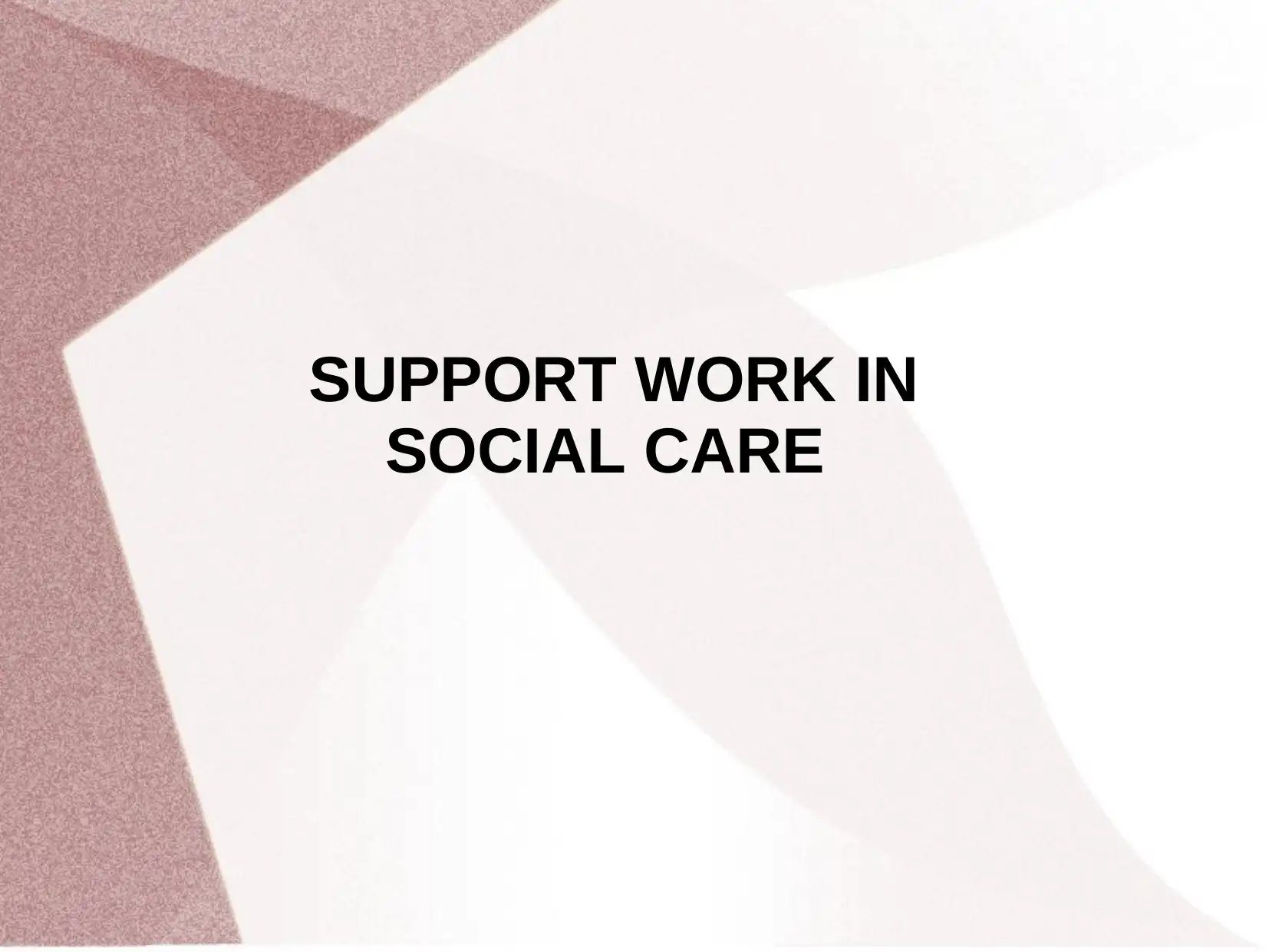
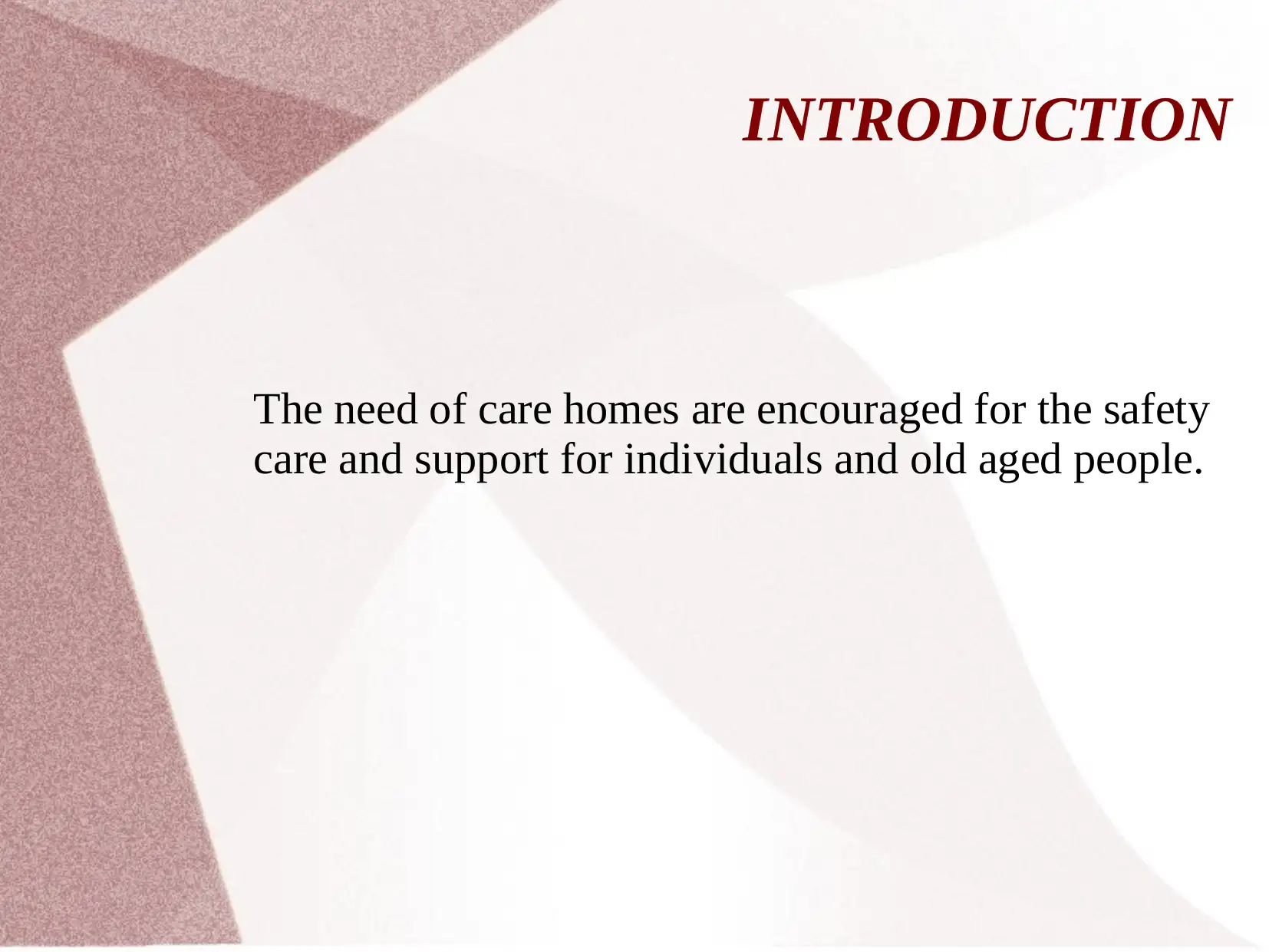
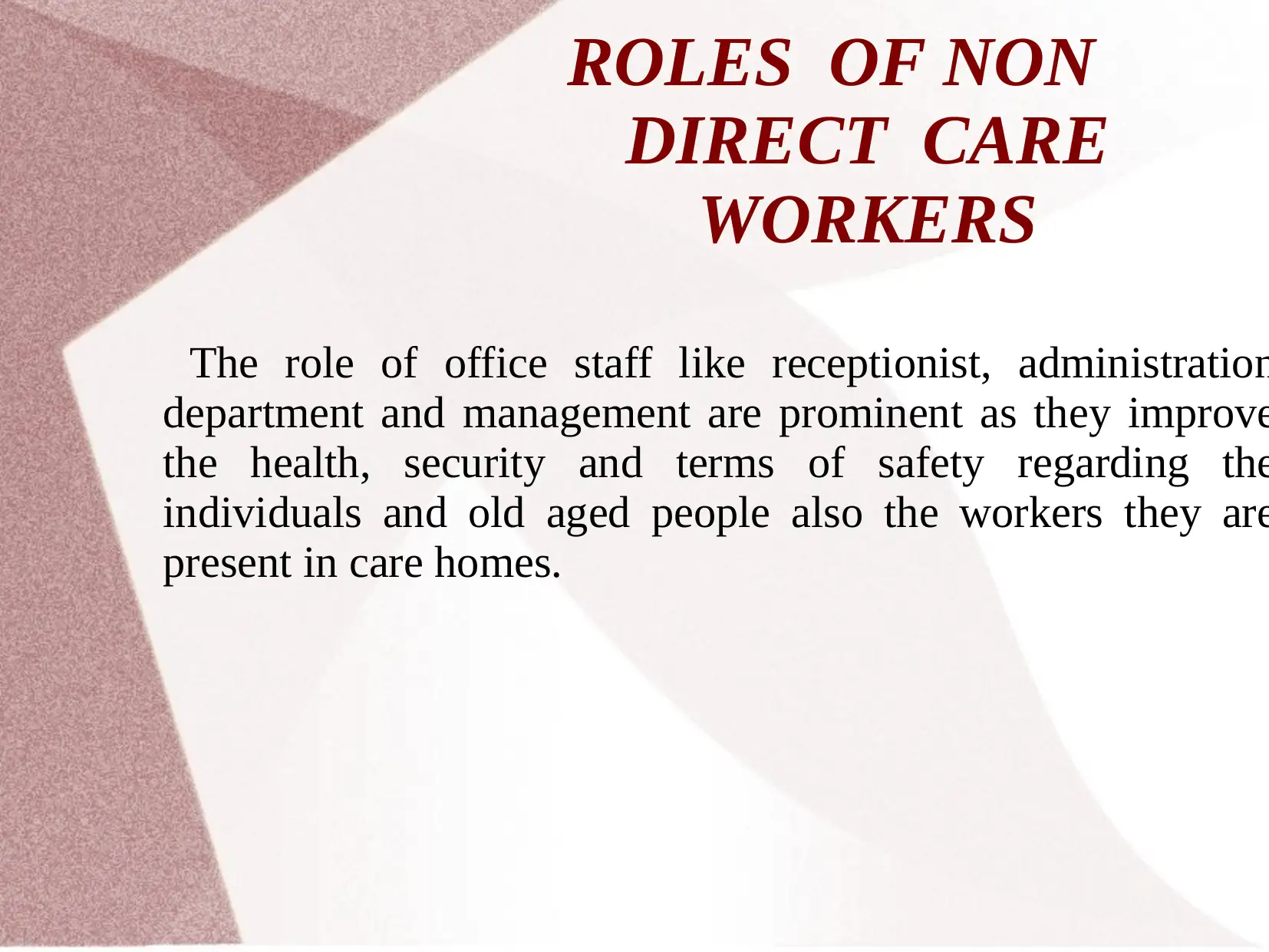

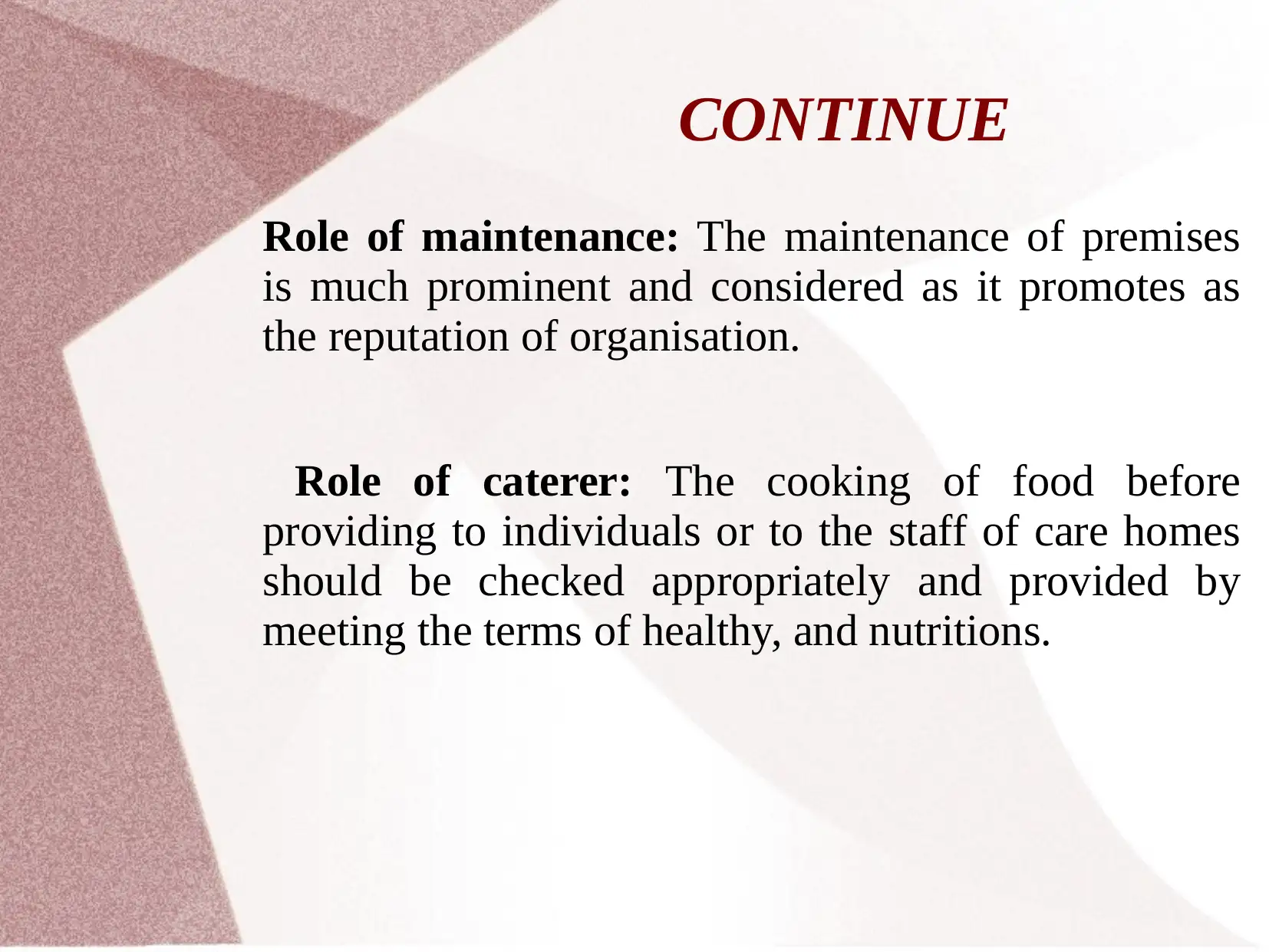
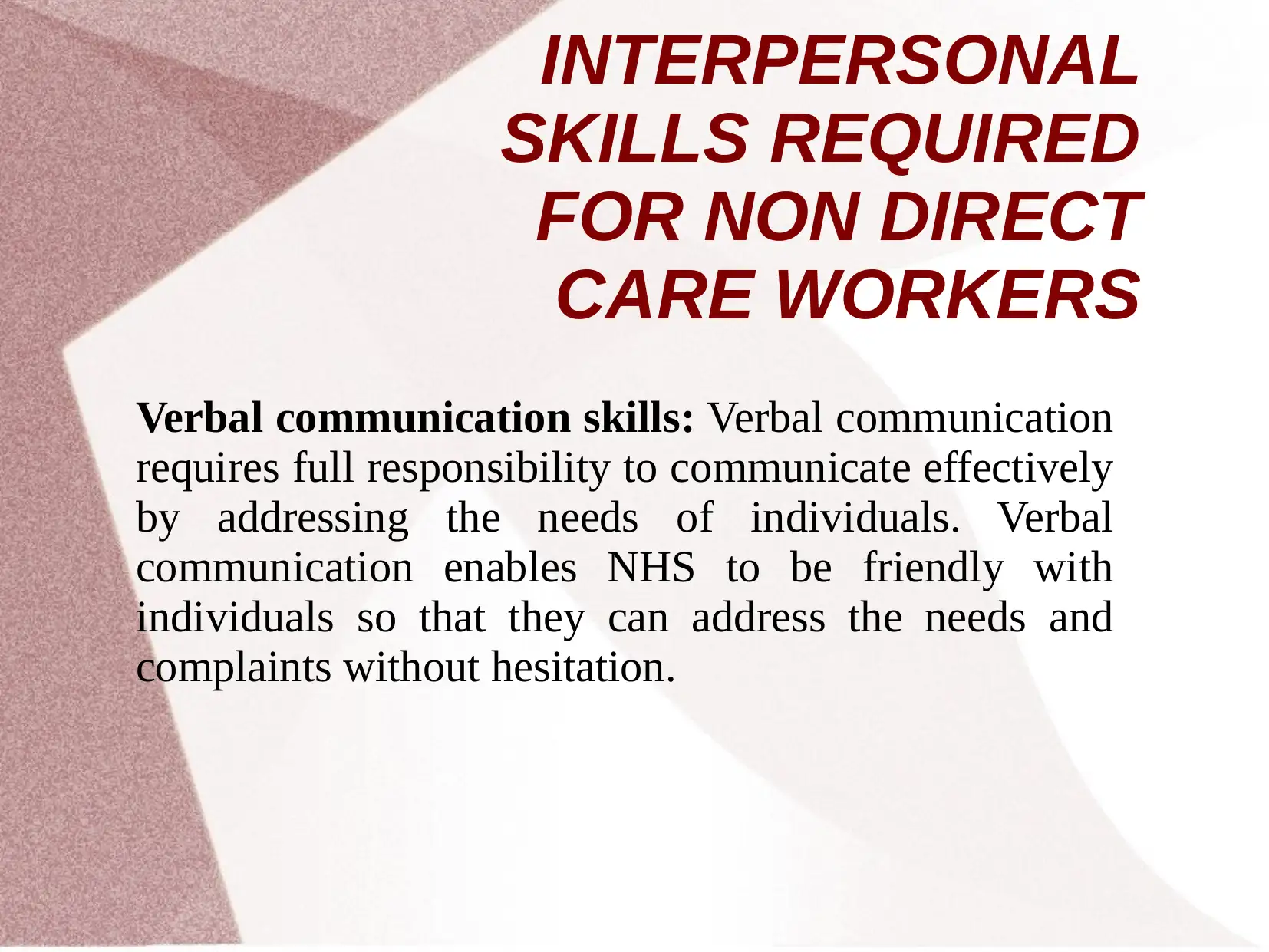

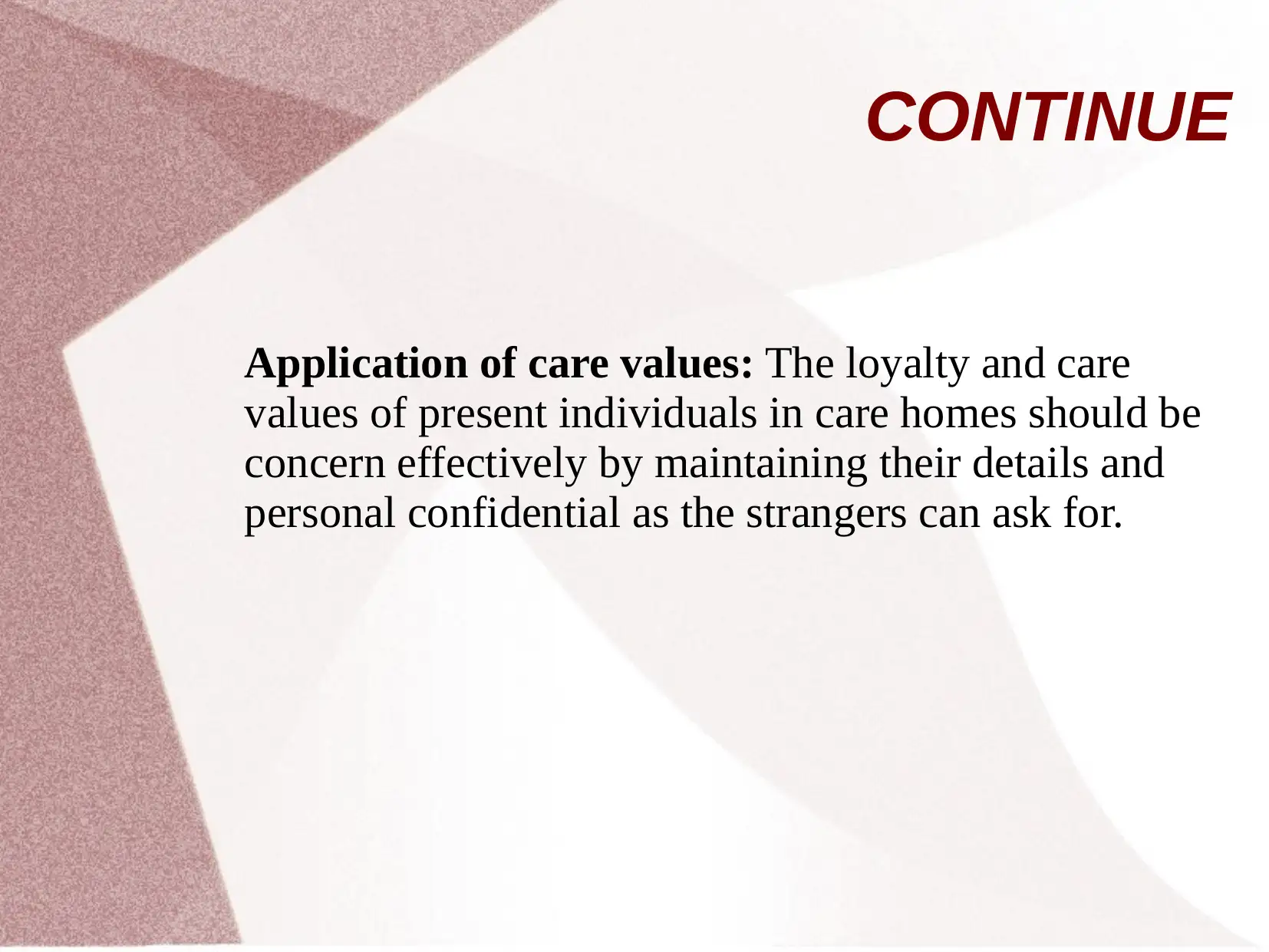

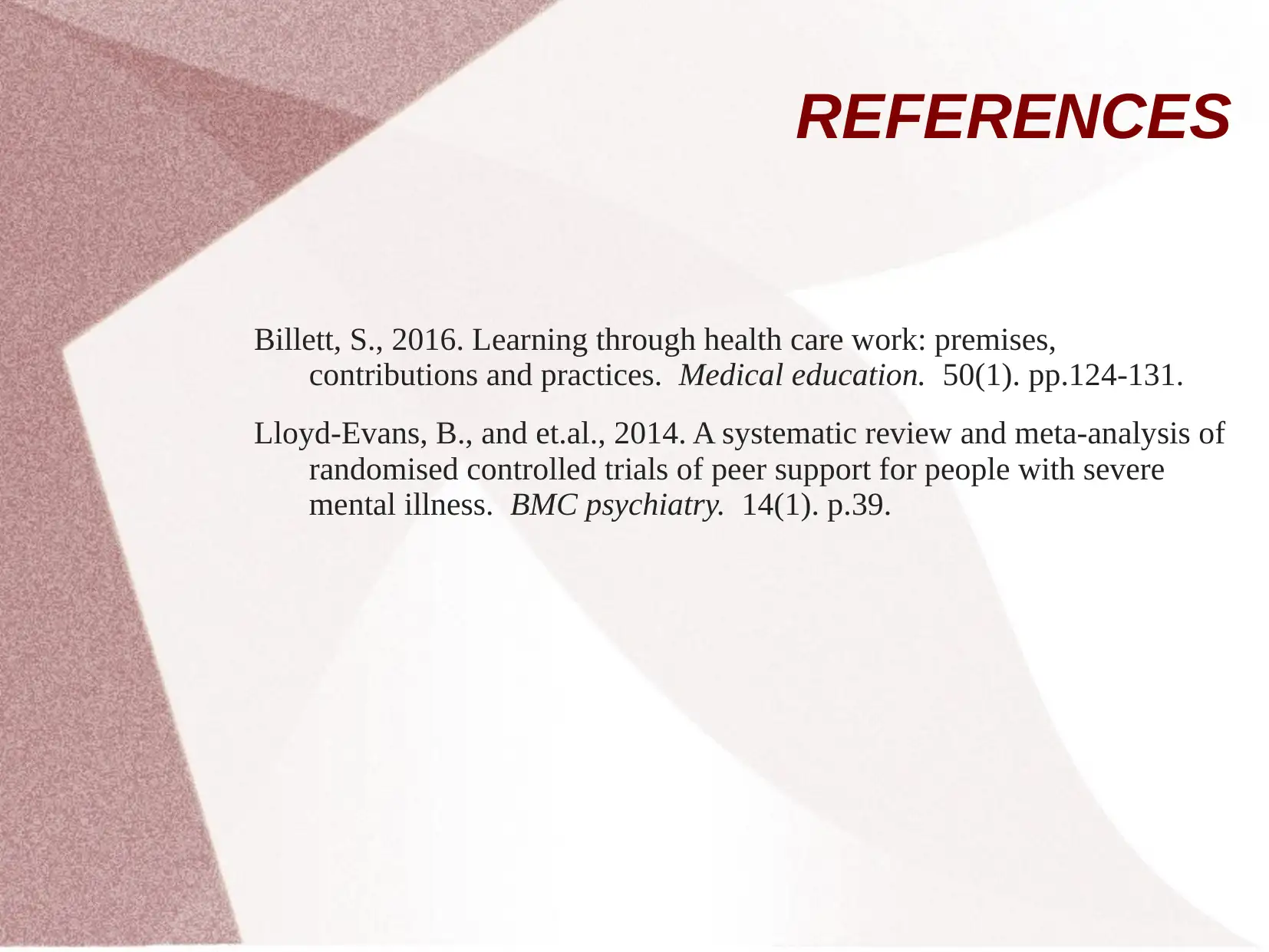







![[object Object]](/_next/static/media/star-bottom.7253800d.svg)